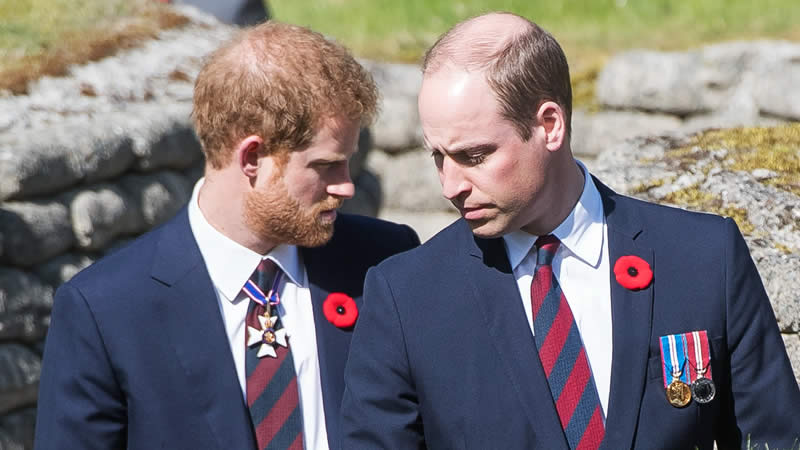
Prince Harry Reveals His and Prince William’s ‘Secret Code’ Used in ‘Crisis’

Prince Harry recalls childhood memories with his brother Prince William
Prince Harry’s memoir Spare was published last year. The book describes a conversation between Harry and his father, King Charles, after Prince Philip’s funeral, where they discussed the reasons behind Harry and Meghan’s decision to leave royal life.
According to the Duke of Sussex, William used a “secret code” linked to Princess Diana’s death, which marked the beginning of the end of their relationship.
“Harold, you must listen to me! I just want you to be happy, Harold. I swear… I swear on Mummy’s life,’” Harry writes.
Harry claimed that Charles and himself were both stopped cold by the reference. Hours after Prince Philip’s funeral, the father and sons were strolling through Frogmore Gardens.
“He’d used the secret code, the universal password. Ever since we were boys those three words were to be used only in times of extreme crisis,” Harry writes in Spare. “For nearly twenty-five years we’d reserved that soul-crushing vow for times when one of us needed to be heard, to be believed, quickly. For times when nothing else would do.”
The Duke of Sussex adds that William’s use of the powerful phrase “stopped me cold” because it “didn’t work.”
“I simply didn’t believe him, didn’t fully trust him. And vice versa. He saw it to. He saw that we were in a place of such hurt and doubt that even those sacred words couldn’t set us free,” Harry writes of the emotional moment.
The British Army, Prince Harry’s early years, and his romance with Meghan are all revisited in Spare, which became an immediate bestseller and was named Amazon’s “Most Sold” book of 2023.
